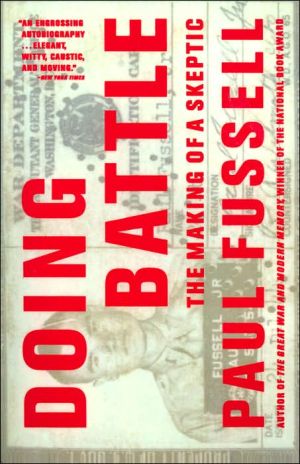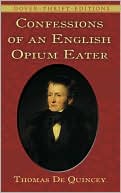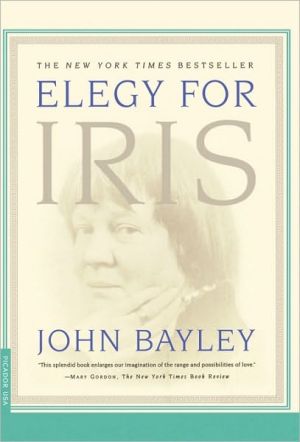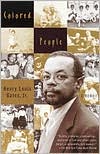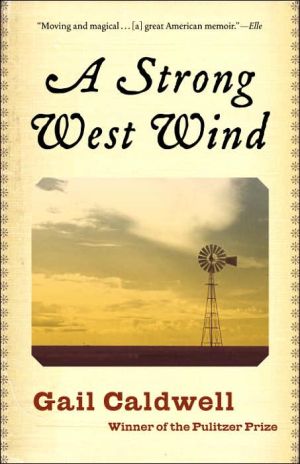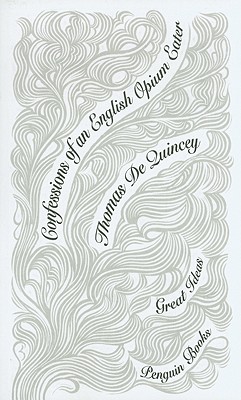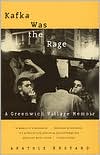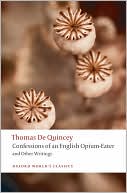Doing Battle: The Making of a Skeptic
In this highly praised autobiographical work, the author of "The Great War" and "Modern Memory" recounts his own experience of combat in World War II and how it became a determining force in his life. "Doing Battle" is at once a summing-up of one man's life and a profoundly thoughtful portrait of America's own search for identity in the second half of this century. of photos.
Search in google:
In this highly praised autobiographical work, the author of "The Great War" and "Modern Memory" recounts his own experience of combat in World War II and how it became a determining force in his life. "Doing Battle" is at once a summing-up of one man's life and a profoundly thoughtful portrait of America's own search for identity in the second half of this century. of photos. Publishers Weekly War as a crucible of character: that is the theme of this searching, courageous memoir from Fussell, a National Book Award winner for The Great War and Modern Memory. Fussell, who grew up in the "highly privileged suburb" of Pasadena, Calif., was called to active duty in May 1943. Sent later that year to Europe as a 19-year-old Army infantry officer, he engaged in combat numerous times and, in March 1945, suffered shrapnel wounds in southeastern France. War began to change Fussell when, days after his arrival, he saw his first bodies: "My boyish illusions, largely intact to that moment of awakening, fell away all at once, and suddenly I knew that I was not and would never be in a world that was reasonable or just." When Fussell returned home after the war, he resolved "that I was finished with coercion and murder forever." That decision led him to academia, where he could enjoy a relatively unfettered life and independence of mind. Fussell traces the effects of war on his later activities, covering his personal life, his teaching and his writing. Experiences of a half century ago continue to haunt the author: "sometimes," he confesses, "I waste time devising wild schemes of revenge against the Germans." The primary focus here, however, is on those experiences themselves, presented in unflinching prose as Fussell offers a moving testimony to the indelible place of WWII in the life not only of one man, but of a generation. Photos not seen by PW. Author tour. (Oct.)
\ Publishers Weekly - Publisher's Weekly\ War as a crucible of character: that is the theme of this searching, courageous memoir from Fussell, a National Book Award winner for The Great War and Modern Memory. Fussell, who grew up in the "highly privileged suburb" of Pasadena, Calif., was called to active duty in May 1943. Sent later that year to Europe as a 19-year-old Army infantry officer, he engaged in combat numerous times and, in March 1945, suffered shrapnel wounds in southeastern France. War began to change Fussell when, days after his arrival, he saw his first bodies: "My boyish illusions, largely intact to that moment of awakening, fell away all at once, and suddenly I knew that I was not and would never be in a world that was reasonable or just." When Fussell returned home after the war, he resolved "that I was finished with coercion and murder forever." That decision led him to academia, where he could enjoy a relatively unfettered life and independence of mind. Fussell traces the effects of war on his later activities, covering his personal life, his teaching and his writing. Experiences of a half century ago continue to haunt the author: "sometimes," he confesses, "I waste time devising wild schemes of revenge against the Germans." The primary focus here, however, is on those experiences themselves, presented in unflinching prose as Fussell offers a moving testimony to the indelible place of WWII in the life not only of one man, but of a generation. Photos not seen by PW. Author tour. (Oct.)\ \ \ \ \ Library JournalIn this thoughtful memoir, National Book Award winner Fussell (The Great War and Modern Memory, Oxford Univ., 1989) explains how World War II shattered his idyllic boyhood and changed everything that came after. Fussell grew up in Pasadena, California, enjoying a pastoral middle-class life untouched by the Great Depression. He went to a local college, where he learned about drink and women and spent afternoons marching on the football field with the ROTC platoon. Then the United States entered World War II, and Fussell's life changed irrevocably. His account of serving as an infantry officer in the army is one of the most sordid and compelling war memoirs in recent years. Seriously wounded in battle, he vowed during recovery that he would never take orders again. His newly subversive sensibility would color all his later experiences as student, professor, and distinguished cultural commentator. This powerful memoir is a profoundly thoughtful portrait of America in the second half of this century. Recommended for all library collections.Michael Coleman, Alabama Regional Lib. for Blind and Physically Handicapped, Montgomery\ \ \ Kirkus ReviewsFrom literary historian Fussell (The Angi-Egotist, 1994; Wartime 1989; etc.), a lugubrious, frequently self-pitying account, relieved by flashes of wit, of how he evolved from a happy-go-lucky Southern California innocent into the vinegary cynic and intellectual snob he is now.\ Born in 1924, Fussell lived a privileged, even idyllic boyhood in Pasadena as the son of a distinguished local attorney. His principal interests were printing, photography, and magic. His innocence was unrelieved by his years at Pomona College, where he discovered literature, particularly the works of H.L. Mencken, whose acerbic and baroque contempt for America seems to have permanently marked Fussell's outlook. Neither Pomona nor Mencken was ideal preparation for his grueling WW II induction into the army and service in Company F of the 410th Infantry, 103rd Division. Combat was even more dehumanizing; here, as elsewhere, Fussell writes graphically and with simple eloquence of the disfiguring effects of combat on the body, mind, and soul of soldiers. On March 15, 1945, Fussell was severely wounded by shrapnel from a shell that killed the two men with him, and he spent considerable time experiencing the horrors of army hospital life. Annoyingly, Fussell can't help comparing all life experiences to a book he's read or a movie he's seen; he compares his field hospital to a scene in Gone With the Wind. Mustered out, he resolved to resist falsehood and cant, and after earning his Harvard doctorate, he bravely waged war on the sensibilities of the young "girl-children" of the Connecticut College for Women, whom he routinely reduced to "tears and tantrums." He moved on to despise the students at Rutgers University, whom he calls "moronic." Fussell treats the reader to a running commentary on his books and essays, venting iconoclastic views on war, culture, and other subjects along the way.\ Unpleasant in many ways, but valuable, as are other of Fussell's works, for a forthright portrayal of war's horrors and lasting ill effects.\ \ \ \ \ \ From Barnes & NobleOne day during World War II, one of America's most distinguished commentators on 20th-century life lost all respect for humanity when he was ill treated by members of the German Wehrmacht. This wonderfully angry memoir explains how Fussell's harrowing war experience gave him a subversive sensibility that shaped the next 50 years of his life as a Harvard Ph.D, a professor of literature, and as a respected critic. Black-and-white photos.\ \
